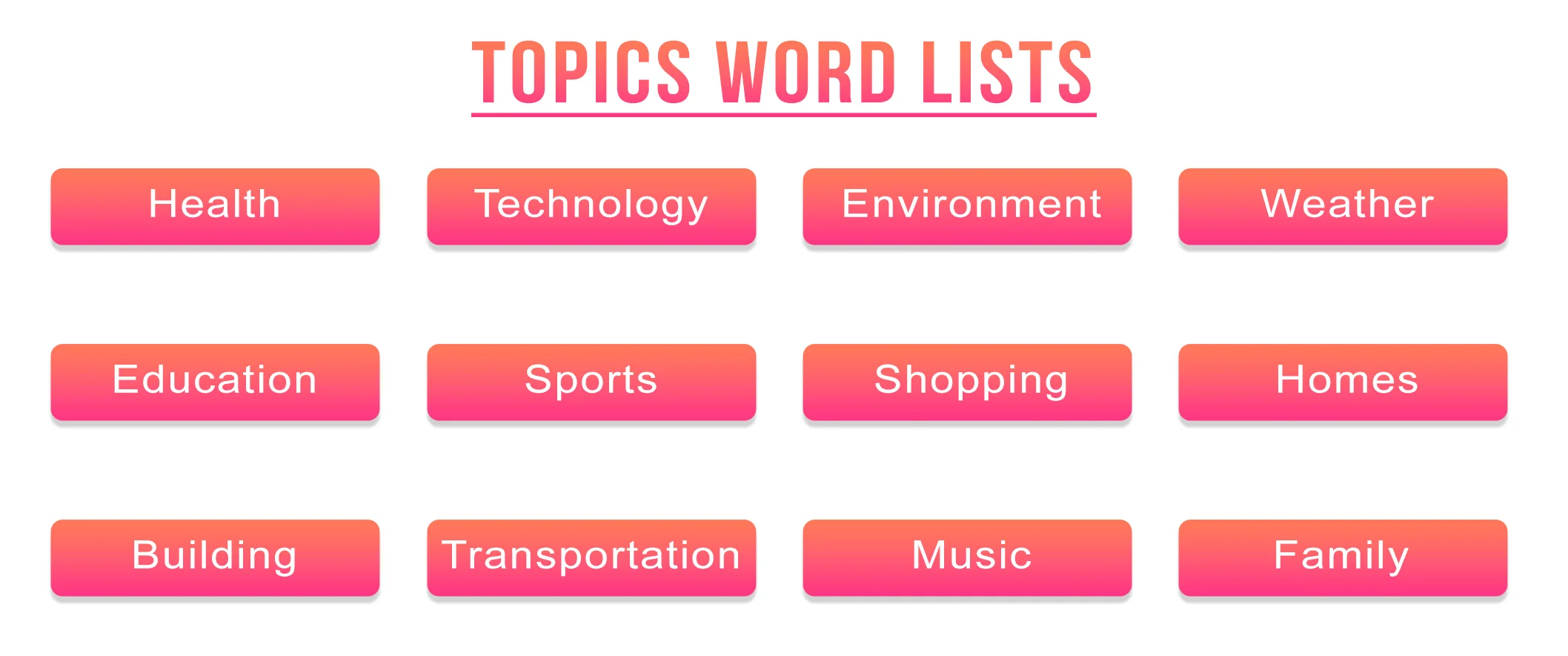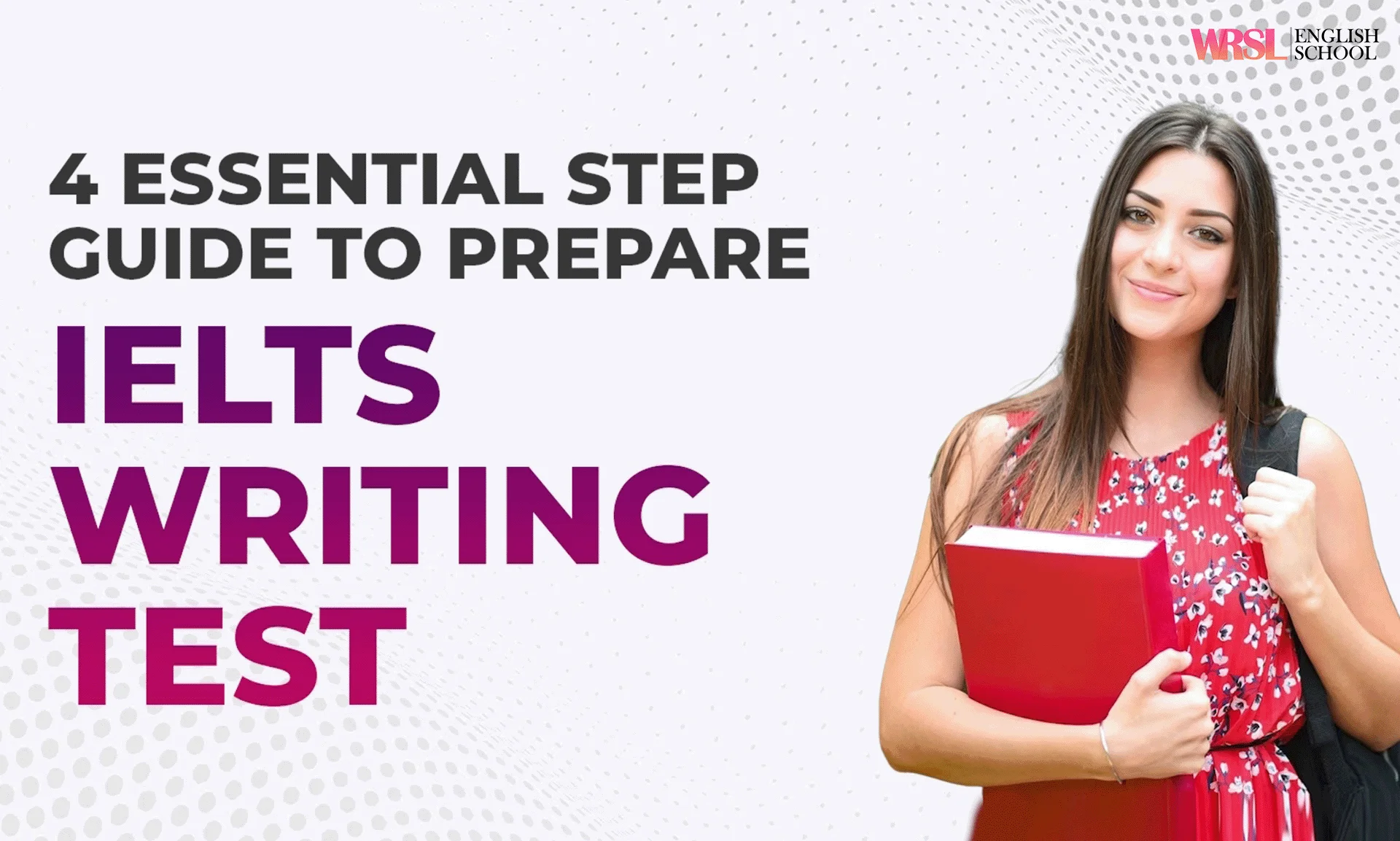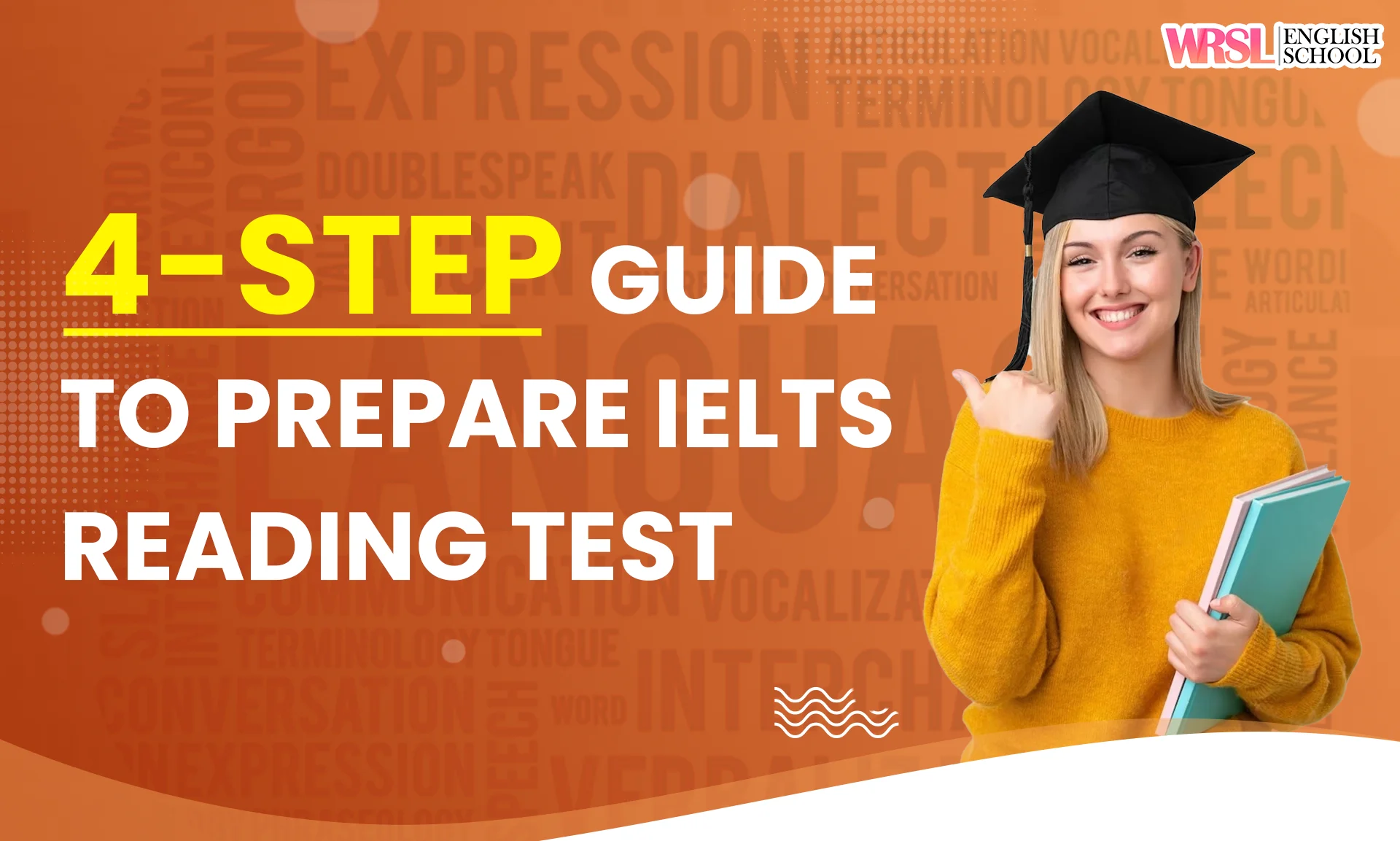Tags : ielts-for-study ielts-topics IELTS vocabulary
A strong vocabulary can make a world of difference when it comes to excelling in the IELTS exam. A well-developed vocabulary lets you express yourself effectively and demonstrate a nuanced understanding of various topics. To rapidly acquire vocabulary related to IELTS topics, consider employing various effective techniques that have proven to yield excellent results.
How to Learn Vocabulary for IELTS
Cultivate a curious mindset towards language. Approach new words enthusiastically, treating them as opportunities to enrich your communication. Set aside dedicated time each day for vocabulary learning. Consistency is key – even dedicating 15 to 30 minutes daily can yield remarkable results. Engage with peers who are also preparing for the IELTS exam. Discuss vocabulary, share resources, and challenge each other with vocabulary games or quizzes. Collaborative learning can make the process more enjoyable and effective.
Techniques you can use to learn vocabulary related to IELTS topics quickly:
● Use a spaced repetition system
A tried-and-true approach rooted in cognitive psychology is akin to a well-honed memory hack. This ingenious system operates on the principle of optimizing memory retention through spaced exposure. As you encounter new words, they are revisited at increasing intervals, gradually ingraining them into your long-term memory. This technique capitalizes on the psychological phenomenon of the "spacing effect," whereby information that is encountered at intervals is more effectively absorbed and recalled.
● Create flashcards
The creation of flashcards is a venerable technique embraced by learners across generations. This tactile approach transforms vocabulary acquisition into an interactive and personalized experience. Constructing flashcards involves inscribing a new word on one side and its corresponding definition, synonym, antonym, or usage on the reverse. Regularly reviewing these cards harnesses the power of active recall, solidifying your grasp of the vocabulary and facilitating its swift internalization.
● Read and listen to authentic materials
Engaging with authentic materials imparts a dimension of practicality to vocabulary acquisition. Immerse yourself in newspapers, podcasts, documentaries, and literary works that align with IELTS themes. This immersion exposes you to vocabulary organically used in context, illuminating the nuances of usage and imbuing you with a holistic understanding of the words. The ability to navigate real-world language nuances is invaluable in the IELTS exam.
● Take online quizzes and tests
Online quizzes and tests tailored to IELTS vocabulary usher in a dynamic and interactive approach to learning. These digital resources serve as diagnostic tools, pinpointing areas for improvement and reinforcing your memory. The instant feedback loop generated by such quizzes guides your study efforts and bolsters your confidence as you witness your vocabulary proficiency expand.
● Use a dictionary and thesaurus
Harnessing the power of dictionaries and thesauruses furnishes a treasure trove of linguistic exploration. Beyond mere definitions, dictionaries offer insights into word origins, variations, and usage contexts. Conversely, thesauruses provide synonyms and antonyms, allowing you to comprehend the subtleties of each word's connotations. Regularly engaging with these resources transforms your vocabulary journey into a quest for linguistic depth and versatility.
● Memorize word families
Memorizing word families stands as a strategic approach to broadening your vocabulary panorama. Many words share common origins and belong to the same word family, rendering them interconnected through their linguistic roots. By learning these words in clusters, you amplify your vocabulary efficiently while recognizing the subtle shifts in meaning that occur within a word family.
● Use mnemonic devices
Mnemonic devices introduce an element of creativity and association into the vocabulary acquisition process. These memory aids, from visual imagery and acronyms to wordplay and narrative constructs, forge connections between new words and pre-existing mental frameworks. The resulting mnemonic bridges bolster your recall potential, ensuring the vocabulary becomes a well-integrated part of your cognitive landscape.
● Make it fun!
Injecting an element of enjoyment into your vocabulary journey is pivotal. Learning a language should not be a monotonous chore but a delightful exploration. Engage in vocabulary games that challenge your retention, engage in friendly competitions with peers, and reward yourself for milestones achieved. A positive, enjoyable approach fuels your motivation and solidifies your commitment to continuous learning.
5 Simple Steps to Learning IELTS Vocabulary
Identify Target Vocabulary
Begin by identifying the vocabulary you need to succeed in the IELTS exam. Review IELTS practice materials, sample questions, and official vocabulary lists to understand the types of words and phrases commonly used in the exam. Focus on words related to various topics like education, environment, technology, health, and more.
Use Contextual Learning
Memorizing vocabulary in context is more effective than learning words in isolation. Write sentences or short paragraphs using the new words to ensure you understand their usage and nuances. This helps you remember the words in real-life scenarios.
Engage in Active Reading
Read various English texts, such as news articles, essays, and literature. Highlight or jot down unfamiliar words and research their meanings and usage later. This exposes you to different styles of writing and vocabulary.
Word Families and Word Forms
When learning a new word, explore its different forms (noun, verb, adjective, adverb) and related words. This helps you better understand how the word can be used in various contexts and increases your overall vocabulary range.
Celebrate Progress
Acknowledge and celebrate your achievements as you expand your vocabulary. Setting milestones and recognizing your growth can boost your motivation and confidence.
Recording Vocabulary for IELTS
At the heart of effective vocabulary acquisition lies the commitment to document and organize new words you encounter. Create a dedicated notebook or digital document for this purpose. As you delve into study materials, note unfamiliar words, their meanings, and usage examples. Categorize them by themes to facilitate targeted revision later on. This systematic recording ensures you have a growing vocabulary repository at your fingertips.
Top 6 Types of Vocabulary & Topic Word Lists
Vocabulary is not a one-size-fits-all Endeavour; it comes in various shades and nuances. Familiarize yourself with the six primary types of vocabulary – academic, conversational, formal, informal, technical, and general. Each type serves distinct purposes within the IELTS context. Additionally, craft topic-specific word lists encompassing Health, Technology, Environment, and others. This precision in vocabulary collection equips you with a toolbox tailored for addressing diverse topics in the IELTS exam.
Topics Word Lists

Final Thoughts for your IELTS Exam for Vocabulary
Embarking on the journey of vocabulary acquisition for the IELTS exam is a commitment that promises substantial returns. By assimilating many techniques, your bolster your vocabulary arsenal, enhancing your communication proficiency effectively and articulately. The amalgamation of strategies, from the systematic implementation of spaced repetition and the tactile engagement with flashcards to the immersion in authentic materials and the interactive assessments of online quizzes, collectively propels your linguistic prowess.








